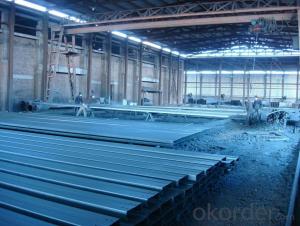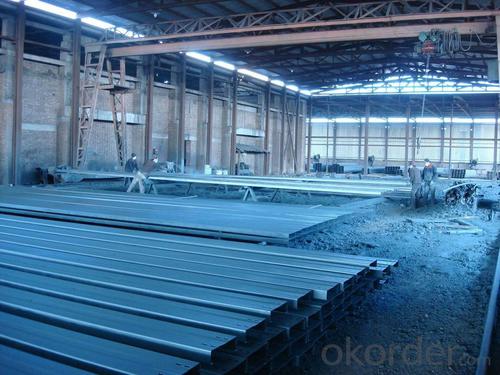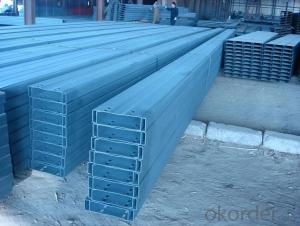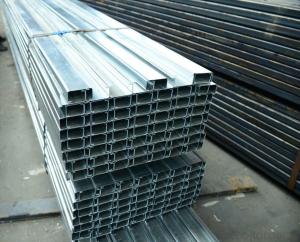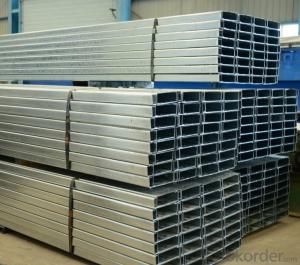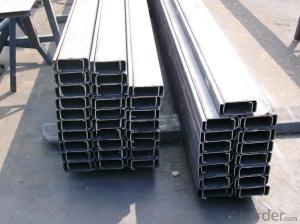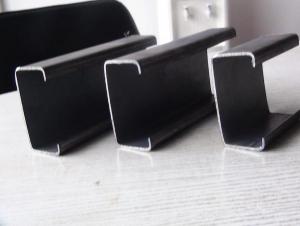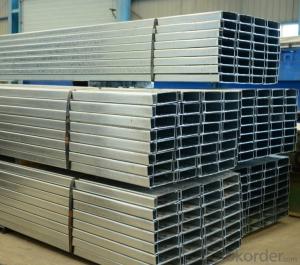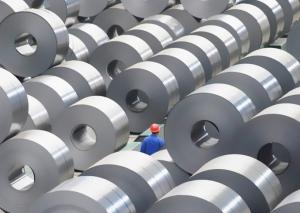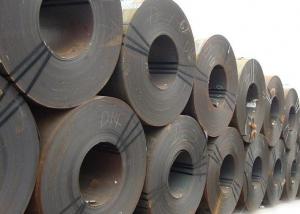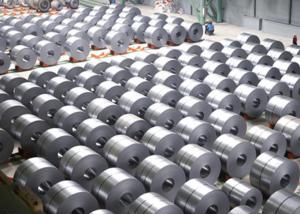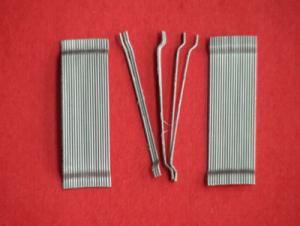Cold Rolled C Channel with High Quality C240
- Loading Port:
- China main port
- Payment Terms:
- TT OR LC
- Min Order Qty:
- 100 m.t
- Supply Capability:
- 15000 m.t/month
OKorder Service Pledge
OKorder Financial Service
You Might Also Like
Specification
Specifications of Cold Rolled C Channel with High Quality C240:
1.Our Cold Rolled C Channel with High Quality C240 has lots of advantages, just as followings:
a) At reasonable price and good quality.
b) To be convenient in construction and to save much time and labor.
c) The length of Cold Rolled C Channel can be manufactured according to customer’s requirements.
d) The Cold Rolled C Channel has strong mechanical strength.
e). The Cold Rolled C Channel possesses various kind of fittings, through which it is suitbal for many combinations.
The detailed sections of Cold Rolled C Channel with High Quality C240 as per GB standard:
| Model | Section size | |||
| h(mm) | b(mm) | a(mm) | s(mm) | |
| C220 | 220 | 70 | 20 | 1.6-3.2 |
| C240 | 240 | 70 | 20 | 1.6-3.2 |
| C240 | 240 | 75 | 20 | 1.6-3.2 |
The mechanical property of MS Cold Rolled C Channel with High Quality C240 according to Q235B:
Alloy No | Grade | Yielding Strength Point(Mpa) | |||
Thickness(mm) | |||||
≦16 | >16-40 | >40-60 | >60-100 | ||
≧ | |||||
Q235 | B | 235 | 225 | 215 | 205 |
Alloy No | Grade | Tensile Strength(Mpa) | Elongation After Fracture(%) | |||
Thickness(mm) | ||||||
≦16 | >16-40 | >40-60 | >60-100 | |||
≧ | ||||||
G235 | B | 375-500 | 26 | 25 | 24 | 23 |
FAQ:
Q1: Why buy Materials & Equipment from OKorder.com?
A1: All products offered by OKorder.com are carefully selected from China's most reliable manufacturing enterprises. Through its ISO certifications, OKorder.com adheres to the highest standards and a commitment to supply chain safety and customer satisfaction.
Q2: How do we guarantee the quality of our products?
A2: We have established an advanced quality management system which conducts strict quality tests at every step, from raw materials to the final product. At the same time, we provide extensive follow-up service assurances as required.
Q3: How soon can we receive the product after purchase?
A3: Within three days of placing an order, we will begin production. The specific shipping date is dependent upon international and government factors, but is typically 1 to 2 months.
Q4: How many tons per bundle?
A4: Around 2-3tons
Q5: How to avoid the rust after deliver the goods to the loading port?
A5: We will keep the goods at the port covered with water-proof material
Images of Cold Rolled C Channel with High Quality C240:
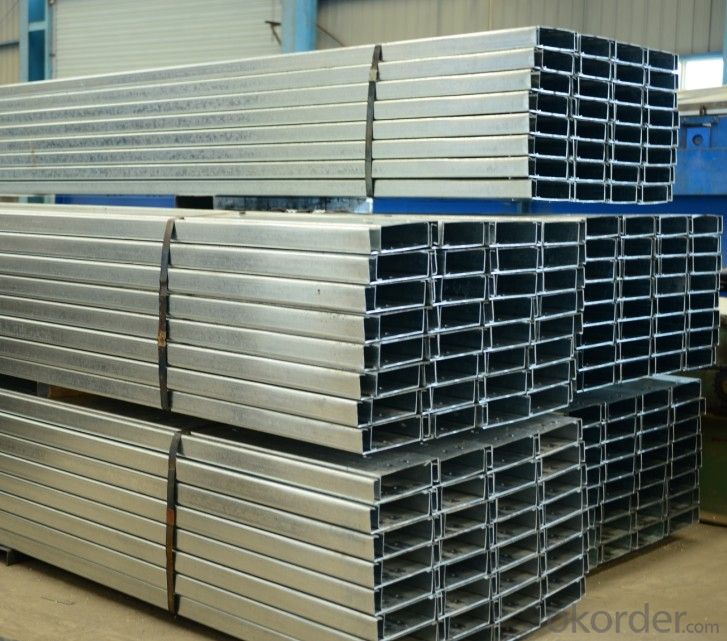
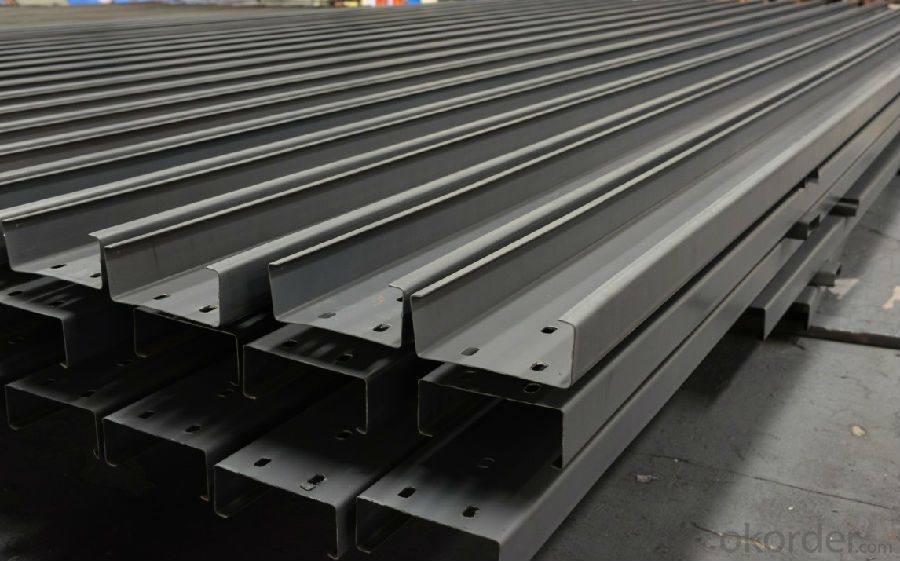
*If you would like to get our price, please inform us the size, standard/material and quantity. Thank you very much for your attention.
- Q: What are the factors to consider when selecting the appropriate steel grade for welding?
- When selecting the appropriate steel grade for welding, there are several factors to consider. Firstly, the intended application and the specific requirements of the project should be taken into account. This includes factors such as the desired strength, hardness, and corrosion resistance of the welded joint. Additionally, the welding process to be used and the specific welding parameters, such as heat input and interpass temperature, should also be considered. Furthermore, the base metal's composition, including carbon content and alloying elements, must be evaluated to ensure compatibility with the welding process and to minimize the risk of cracking or other defects. Finally, cost considerations and availability of the chosen steel grade should also be taken into consideration during the selection process.
- Q: How can steel products be recycled?
- Steel products can be recycled by first collecting and separating them from other materials. The steel is then processed in a steel mill where it is melted down and reshaped into new products. This process can be repeated indefinitely, making steel one of the most recyclable materials in the world.
- Q: How is steel used in the construction of railway stations?
- Steel is used in the construction of railway stations for various purposes such as structural frameworks, beams, columns, and platforms. It provides strength, durability, and flexibility, making it ideal for supporting heavy loads and withstanding harsh weather conditions. Steel is also used in the fabrication of tracks, platforms, and other infrastructure components, ensuring the safety and efficiency of railway operations.
- Q: What are the different types of steel pipes and their applications?
- There are several types of steel pipes with different applications. Some common types include carbon steel pipes, stainless steel pipes, galvanized steel pipes, and alloy steel pipes. - Carbon steel pipes are widely used in various industries due to their strength and durability. They are commonly used in plumbing, construction, and oil and gas pipelines. - Stainless steel pipes are corrosion-resistant and widely used in applications that require high hygiene standards, such as food and beverage production, pharmaceuticals, and chemical processing. - Galvanized steel pipes are coated with a layer of zinc to prevent corrosion and are commonly used in plumbing, outdoor structures, and water distribution systems. - Alloy steel pipes are made from a combination of different metals to enhance their strength, temperature resistance, and other properties. They are used in high-pressure and high-temperature applications, such as power generation plants and petrochemical industries.
- Q: What are the applications of steel in the defense industry?
- Steel is widely used in the defense industry for a variety of applications. It is utilized in the construction of military vehicles, such as tanks and armored personnel carriers, providing them with the necessary strength and durability to withstand harsh environments and ballistic threats. Steel is also used in the manufacturing of firearms and ammunition, ensuring their robustness and reliability. Additionally, steel is employed in the construction of military-grade infrastructure, including fortifications, bunkers, and naval vessels, which require high levels of protection and resilience. Overall, steel plays a crucial role in enhancing the defense capabilities and safety of armed forces worldwide.
- Q: What are the different types of steel storage tanks?
- The different types of steel storage tanks include welded steel tanks, bolted steel tanks, and stainless steel tanks.
- Q: How is steel tubing used in heat exchangers?
- Steel tubing is commonly used in heat exchangers due to its excellent heat transfer properties and durability. It allows for the efficient transfer of heat between two fluids, making it ideal for applications such as refrigeration, HVAC systems, power plants, and many industrial processes. Steel tubing's corrosion resistance and high thermal conductivity contribute to its effectiveness in heat transfer and its ability to withstand high temperatures and pressures.
- Q: How is steel tubing used in the manufacturing of hydraulic cylinders?
- Steel tubing is commonly used in the manufacturing of hydraulic cylinders due to its high strength and durability. It provides a reliable and rigid structure to hold the hydraulic fluid and withstand the intense pressure and forces involved in hydraulic systems. The seamless construction of steel tubing ensures smooth fluid flow and minimizes the risk of leakage, making it an ideal choice for hydraulic cylinder applications.
- Q: What are the different types of steel rails and their applications?
- There are several different types of steel rails, each with their own unique properties and applications. Some common types include: 1. Light rails: These are used primarily in light-duty applications such as tramways, light rail transit systems, and small industrial tracks. 2. Heavy rails: These are designed for heavy-duty applications, such as mainline railways and heavy industrial tracks. They are built to withstand high loads and provide stability. 3. Crane rails: These rails are specifically designed to handle the heavy loads of cranes and other material handling equipment. They are commonly used in ports, construction sites, and industrial facilities. 4. Guard rails: These rails are installed alongside railway tracks to prevent derailment and provide safety. They are typically made of a durable steel alloy and are designed to absorb impact in case of accidents. 5. Switch and crossing rails: These rails are used at junctions and crossings, enabling trains to change tracks. They are built with specific profiles and dimensions to ensure smooth transitions and minimize wear and tear. 6. Grooved rails: These rails have grooves or flanges on the top surface, allowing them to be used for tramways or other vehicles that require guidance. The choice of steel rail depends on various factors such as the intended application, load requirements, speed, and environmental conditions. The selection of the appropriate type of steel rail is crucial to ensure safe and efficient transportation.
- Q: What are the properties and characteristics of stainless steel?
- Stainless steel is a versatile and durable material known for its excellent corrosion resistance. It contains a minimum of 10.5% chromium, which forms a thin, protective oxide layer on its surface, preventing rust and staining. This oxide layer is self-repairing, which helps maintain the material's integrity over time. Some key properties of stainless steel include its high strength, heat resistance, and low maintenance requirements. It is also non-magnetic and has good formability, making it suitable for various applications. Stainless steel is available in different grades, each with specific compositions and properties tailored for different uses, such as food processing, construction, automotive, and medical equipment. Overall, its combination of strength, corrosion resistance, and versatility makes stainless steel a widely used and sought-after material in many industries.
Send your message to us
Cold Rolled C Channel with High Quality C240
- Loading Port:
- China main port
- Payment Terms:
- TT OR LC
- Min Order Qty:
- 100 m.t
- Supply Capability:
- 15000 m.t/month
OKorder Service Pledge
OKorder Financial Service
Similar products
Hot products
Hot Searches
Related keywords
